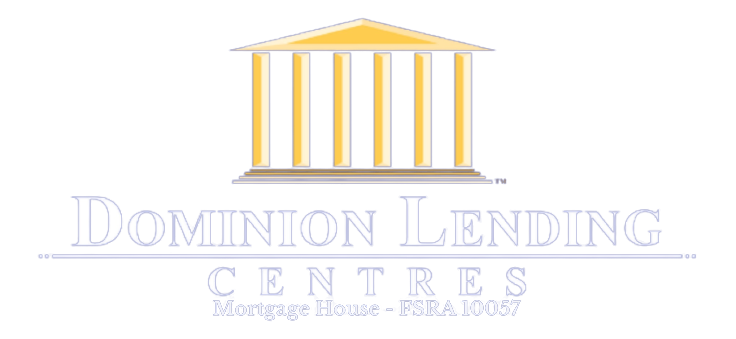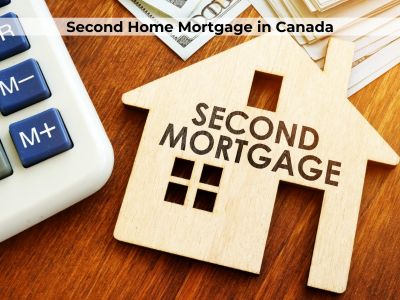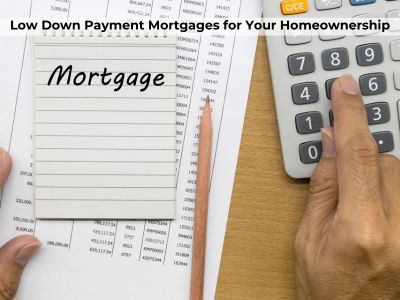Buying a home is a major investment. Buying a second home is exciting yet a gamble. A second home can provide various benefits, like a vacation home or rental property. But before you enjoy these benefits, you must secure a second home mortgage to finance it first.
What is a Second Home Mortgage?
A second home mortgage is also known as a vacation home mortgage, it is a loan you take out to finance a second property. It has similarities with primary residence mortgages, but there are key differences.
Second-home mortgages tend to have higher interest rates because they are riskier investments by mortgage lenders Canada. In addition to that, you need to put down at least 20% of the property’s value as a down payment.
How does Second Home Mortgage work?
Like a primary residence mortgage, a second home mortgage is a secured loan that uses the property as collateral. If you default on payments by any chance, the lender can legally seize the property. However, the specific terms of the mortgage will depend on the lender and your financial situation.
Before applying for a second home mortgage, you’ll have to provide proof of income and assets and a credit check. The lender will assess the property’s value to determine how much they will lend you. If approved, they’ll give you a lump sum of funds which you can use to purchase the second property.
What to Consider Before Applying for a Second Home Mortgage?
- Debt-to-income ratio. The ratio of your debt to income is called DTI. This ratio is used by lenders to determine your capacity to repay the loan. Typically, they require a 43% or less DTI, but some lenders have stricter requirements.
- Credit Score. Credit score plays a huge part in getting your loan approved. The higher your credit score, the higher your chance of getting approved. Also, you can get better deals.
- Down Payment. Typically, a second home mortgage requires a higher down payment. Consider how much you can afford to put down and how much this will affect your overall financial situation.
- Long-Term Goal. What are your long-term goals? Is it for a vacation home, or are you planning to rent the property? How will this affect the repayments? And what are the tax implications of owning a second property?
How to Qualify for a Second Home Mortgage?
- Good credit score. Typically, lenders require at least a 680 credit score, but some lenders are more strict and require a higher credit score.
- Stable income. You need to be at least two years in the same job. Lenders will require you a proof of income and employment. And also a 43% or less debt-to-income ratio.
- Down Payment. You’ll need at least 20% of the property’s value as a down payment.
- Property assessment. The lender will assess the property’s value to determine how much they are willing to lend you.
Pros and Cons of Owning a Second Home.
Pros:
- Additional income. If you decide to rent out your second home, it will provide you an additional income to help you pay your mortgage.
- Vacation home. It can also be a place to enjoy with your family.
- Investment opportunity. Property value appreciates over time; you may be able to sell it for a profit.
Cons:
- Higher costs. A second home mortgage typically has higher interest rates and a higher down payment, which can result in a higher overall mortgage cost.
- Maintenance and upkeep. Second property means additional maintenance ans upkeep responsibilities.
- Risk. There’s always a risk if you choose to invest. Risk of losing the home or not generating the expected income.
Tax Implications of Owning a Second Home in Canada
Owning a second home in Canada can have tax implications regarding rental income and capital gains. Here are some things to consider:
Rental income:
If you rent out your second property, you must report the rental income on your tax return. You may also be eligible for deductions related to the property, such as mortgage interest, property taxes, and repairs and maintenance.
Capital gains:
If you sell the property for more than you paid, you’ll be subject to capital gains tax. However, you may be eligible for the principal residence exemption if you lived on the property for some time.
Tips for Paying off Your Second Home Mortgage Faster
- Increase your Payments. Making extra payments can help you finish your mortgage faster and save you money in the long run.
- Refinance. If the interest rates drop since you apply for a mortgage, you can refinance it to a lower interest rate.
- Rent out the property. The income you can get from renting out your property can help you pay off the mortgage.
Conclusion:
Buying a second home is a great investment and provides many benefits. However, it is crucial to consider the financial and lifestyle implications before deciding.
Do research, understand each term, know your long-term goal, and understand tax implications. With the right planning and strategy, a second home mortgage can be a smart investment that provides financial and personal rewards.




